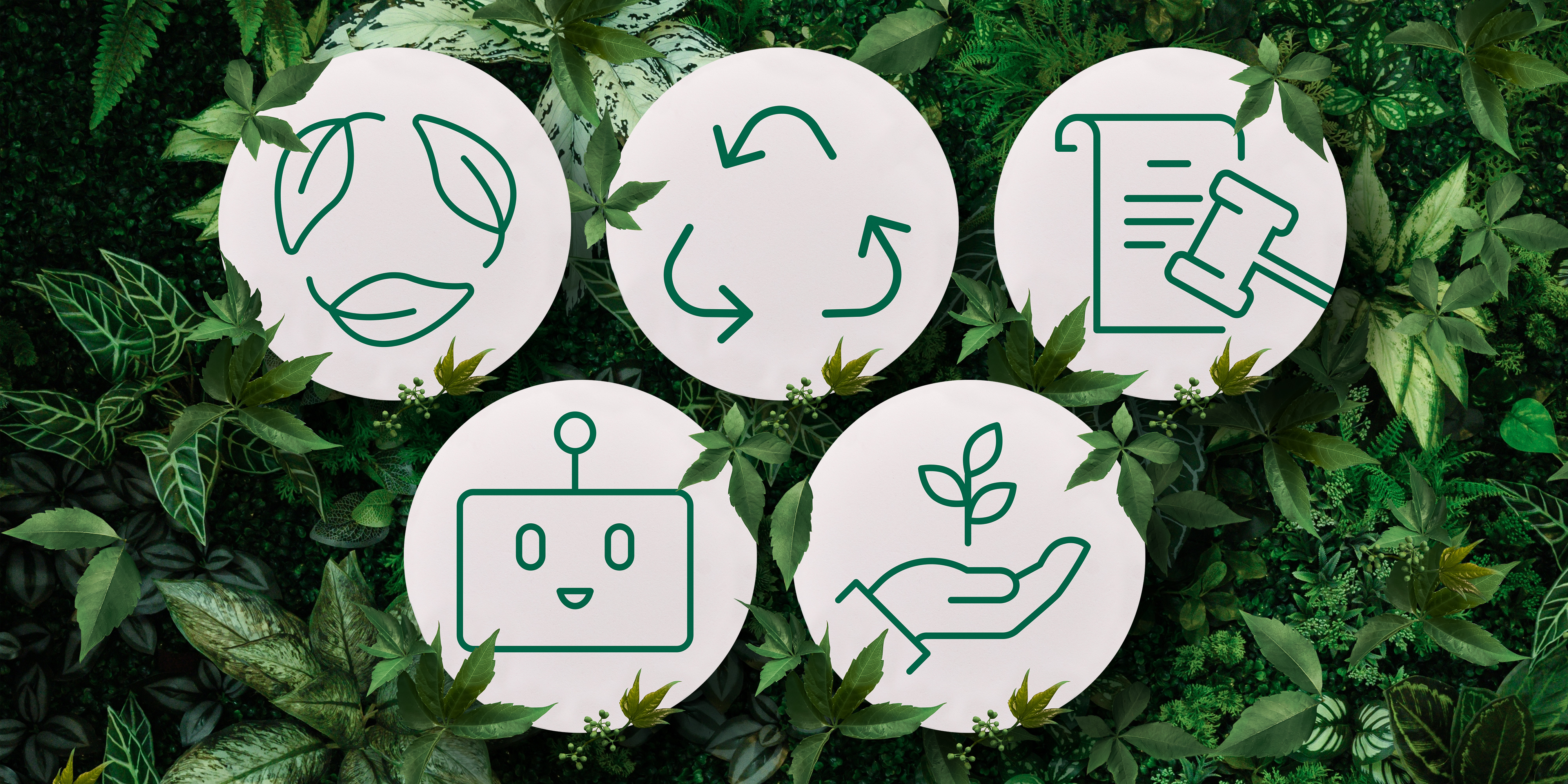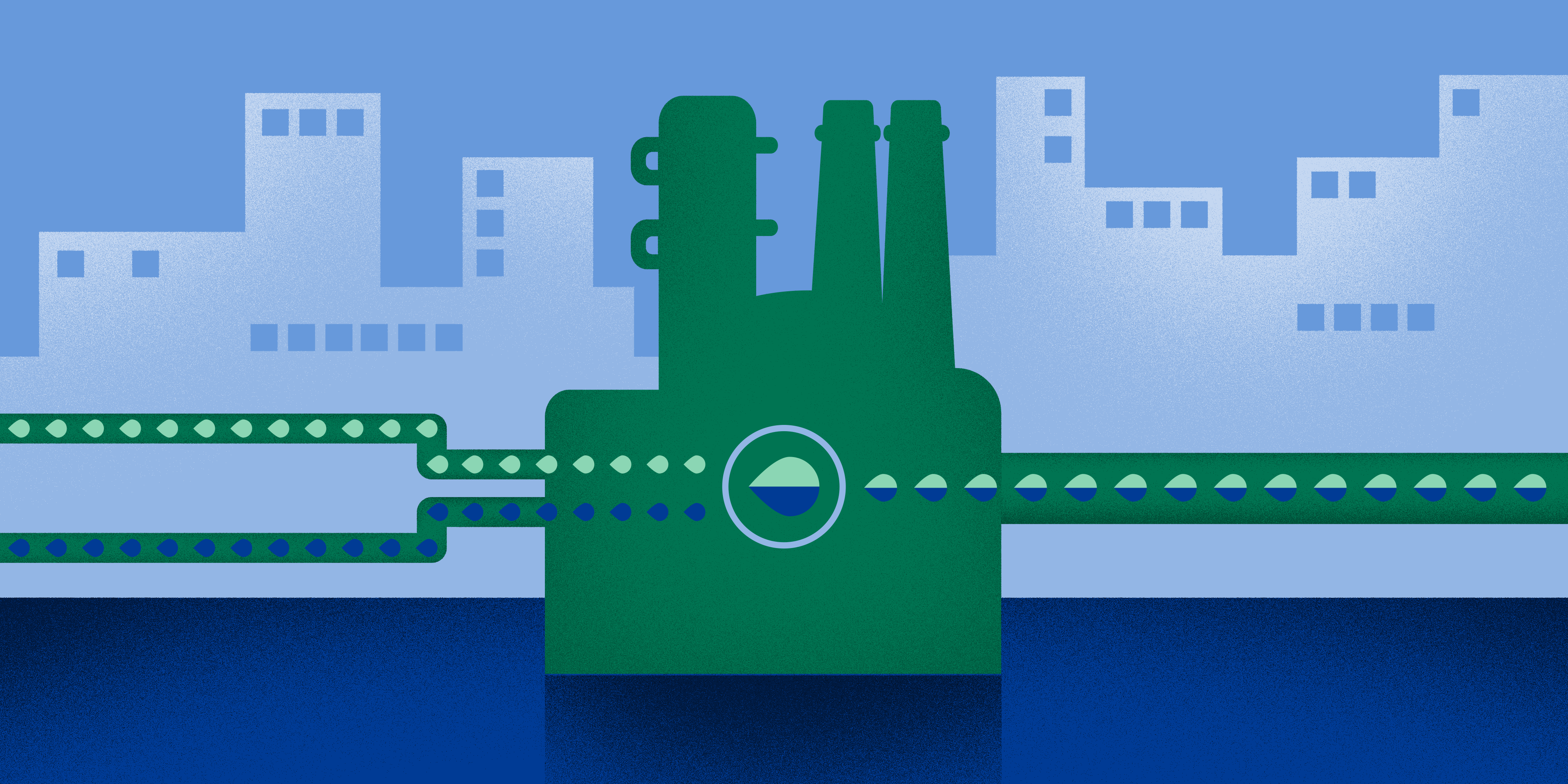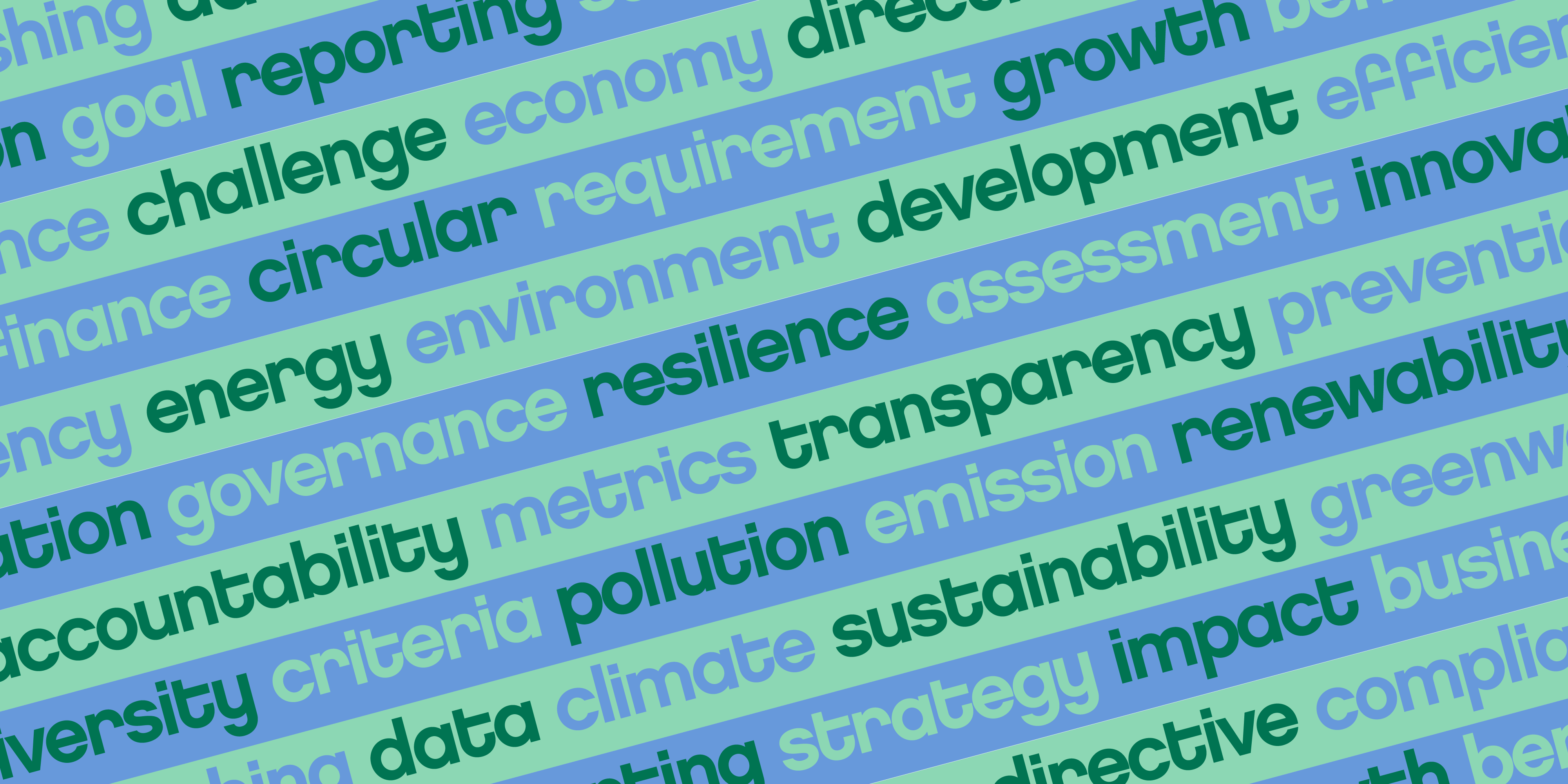
Sustainability
9 minute read
9 breakthroughs in sustainability that the world needs to focus on next
What does a greener post-pandemic world look like in practice? Neste, which was included in the Corporate Knights 2022 Global 100 Index of the most sustainable companies in the world for the 16th consecutive time, weighs in on the changes we need to make in business, regulation and mindsets to reach a sustainable, circular future.
We already have all the technological solutions needed to keep global warming under 1.5 of preindustrial levels and avoid its most detrimental effects. We only need to exponentially accelerate measures mitigating emissions. Neste’s Vice President, Sustainability Salla Ahonen and Vice President, Public Affairs Ilkka Räsänen list the changes we need to make as we recover from the pandemic to build ourselves a sustainable future.
1. Companies should race to the top on who becomes carbon neutral first
In the future, consumers will expect carbon neutrality from companies across all industries. Set those goals now, and you still have the chance to make zero-carbon production a strategic competitive advantage. Wait any longer, and its tightening regulation and timelines that will decide the measures for you. For Neste, the goal is to make all production carbon neutral by 2035. As a company with roots in the oil-refining industry, reaching that goal requires a lot of changes in strategy and operations. We welcome all competitors to join the race.
2. Cities need a citizen-centric recovery from the pandemic
As lockdown affected over half of the world’s population in the spring of 2020, city streets emptied all over the world. Meanwhile, city officials and businesses had to invent untraditional ways to safely deliver services, information and products to citizens. The new reality in cities has proved that we can reform urban life perhaps faster and more radically than previously considered possible. Now, cities need to make sure they don’t lose the progress made in this citizen-centric design during the pandemic. The phrase refers to planning cities according to citizens’ needs, making urban life easier, safer, healthier and less time-consuming for them. We’re already seeing positive examples from around the world. For example, London Mayor Sadiq Khan announced in May that large areas of London will stay closed to cars and vans to allow people to walk and cycle safely as the coronavirus lockdown is eased.

3. Present and future leaders need to be trained in circular economic thinking
To advance sustainability on a grand scale, we need a grand change in mindsets. To reach that, education is the most powerful tool. Sustainability education should happen on various platforms simultaneously: At universities, in all fields from law to engineering and marketing, we need to educate future professionals to not think in the old-fashioned context of linear economy, where goods are made, used and disposed, but according to the circular economy model, where all raw materials are kept in use as long as possible. In companies, board members are the catalyst for change, as they are the ones that give mandates to leaders to act on long-term sustainability goals that advance circular economy. A crucial part of educating a company’s all stakeholders is systematic and transparent sustainability reporting. Luckily, that’s something that we’re already seeing with initiatives such as the Task Force on Climate-related Financial Disclosures (TCFD) that is developing voluntary, consistent climate-related financial risk disclosures that companies can use in providing information to investors, lenders, insurers, and other stakeholders. As TCFD’s Chair, the legendary businessperson Michael R. Bloomberg has said: “Increasing transparency makes markets more efficient, and economies more stable and resilient.”
4. We need to clean diesel’s reputation
For many, #dieselgate is to this date the first thing that comes to mind from diesel. But five years have passed since the exposure in 2015, and the diesel engines and fuels of today are a far cry from what they used to be: The latest diesel engines compliant with the newest emission standards that are entering the market today cause very little nitrogen oxide (NOx) emissions. In older diesel engines, high-quality renewable diesels made from waste and residues, such as Neste MY Renewable Diesel™, are an excellent option for significantly decreasing both local air pollution as well as carbon dioxide emissions. To make the best decisions for our air quality and climate, we need to base our judgement on accurate, recent information, not on headlines from years ago. And while renewable diesel is no silver bullet for decarbonizing traffic, it is and will remain an important part of the solution.
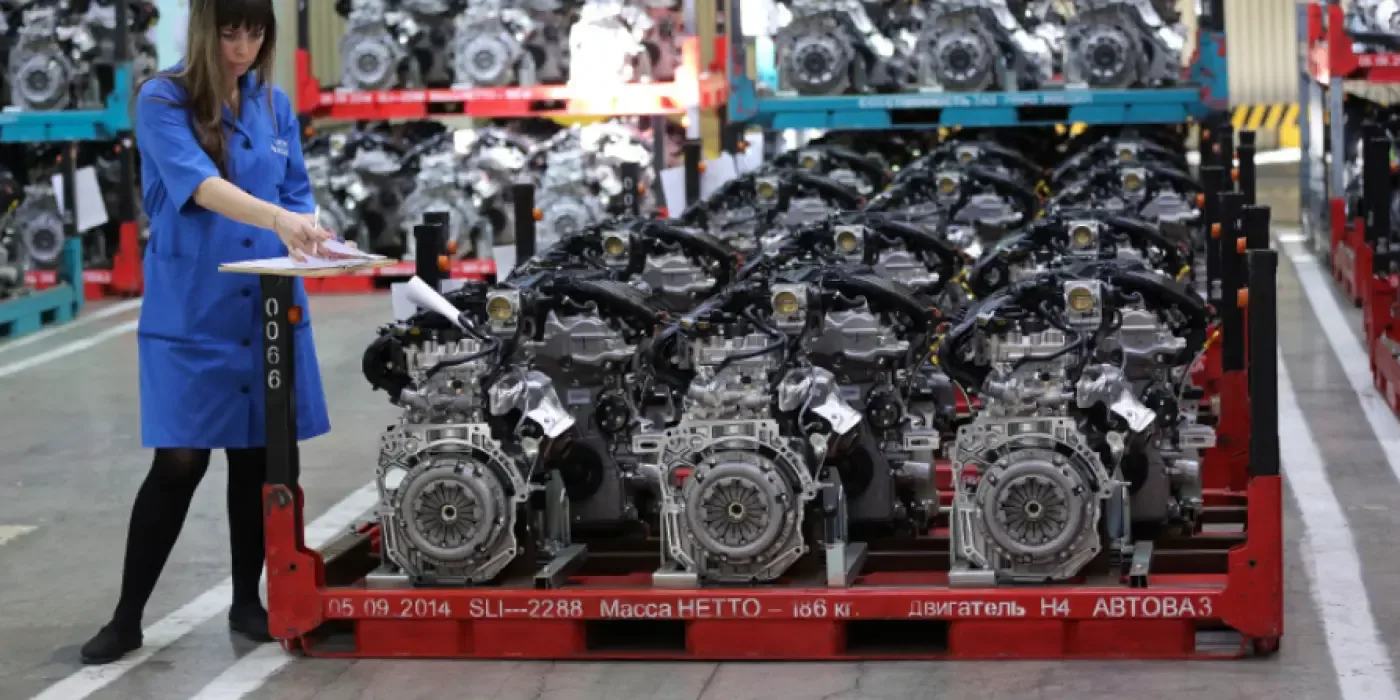
5. Green recovery money must fund sustainable projects, not polluting industries
The devastating coronavirus pandemic provides us with an opportunity to create a new, sustainable reality. It’s a one-time shot to change course that we simply can’t afford to miss. And whether it’s about public or private investments, it’s crucial we make sure that the world’s trillions of dollars of green stimulus money, intended for kickstarting environmental renewal whilst creating and retaining jobs, actually go to sustainable projects, such as renewable energy and public transport. Agreeing on clear criteria, goals and reporting practices is the ultimate sustainability trial by fire for the world’s leaders.
6. We need to restore our faith in collaboration
Why are the young left to clean up the mess made by their parents? Which decisions are saving the planet, and which are destroying it? At present, the world is facing the climate emergency through confrontations – and that is no way to move forward. We need to get more diverse groups collaborating: We need to see all people of all ages engaging with movements like Fridays for Future. We need to see policymakers, NGOs, businesses and research institutions finding sustainable solutions together – something that’s already happened with, for example, the 2020 European Alliance for Green Recovery plan signed by close to 200 nations, ministries and companies.
At a time when international collaboration is facing geopolitical challenges, we need to restore our faith in international agreements. Climate change is a global commons issue, and to tackle it, we need all countries committing to the most important initiatives, such as the Paris Climate Agreement and other agreements by the UN and WTO.
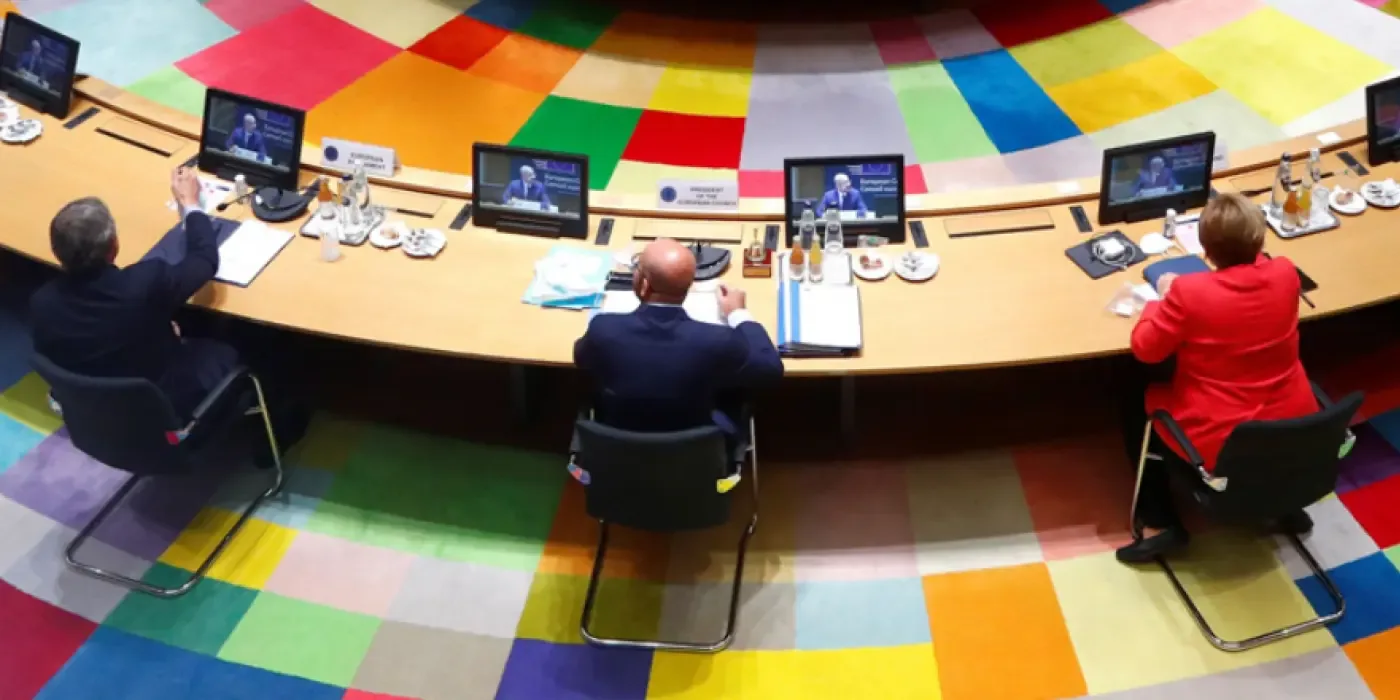
7. We should pay less taxes for cleaner versus dirtier fuels
Technological advancement is a crucial tool in tackling climate change, but we must avoid overly optimistic technological determinism. For example, many now believe that all of us will ride the road with vehicles fueled by electricity and renewable hydrogen in the future, and that we can leave the age-old internal combustion engines behind. But that vision is not based on what road transport actually looks like. Car fleets are slowly renewed, and internal combustion engines will dominate the roads for many years. For the years to come, fuels made from renewable raw materials will remain an essential part of the solution to decarbonize transport.
Meanwhile, it’s up to legislators to make sure that while new regulation supports technological advancements, it doesn’t destroy the great options we already have in our hands. One concrete change we need to see is that consumers should pay less taxes for cleaner fuels versus fossil-based fuels, as, for example, renewable diesel may result in up to 90 percent less carbon emissions over the fuel’s lifecycle compared to fossil diesel.
In Sweden, there’s a greenhouse gas reduction obligation of 6 percent for gasoline and 26 percent for diesel in 2021. In 2030 the reduction will be 28 and 66 percent respectively. This means that vendors of petrol and diesel must make sure that by blending sustainable biofuels into their fossil fuels, they decrease the greenhouse gas intensity (meaning the level of GHG emissions per unit of economic activity). To encourage further use of more sustainable options, high-quality biofuels sold outside of the distribution obligation in Sweden, such as Neste MY Renewable Diesel™, are exempt from the fuel tax.
8. Unrecycled plastic should have a price tag
Paying for the mess we make is one of the most powerful tools to change behavior for the better. That’s why the European Union’s so-called new “plastic fee”, which EU leaders agreed on in July 2020, is a very welcome move. The new levy would mean that starting from January 2021, EU member states will have to pay the European Union for all their non-recycled plastic packaging waste at a rate of €0.80 per kilogram.
However, not all plastic is created equal. Moving on to a circular plastic economy, where the material is used again and again, we need to massively decrease the industry’s demand for virgin fossil raw materials. This is best done by increasing the use of plastic made by chemically recycling waste plastics as well as plastics made from renewable raw materials, such as plant biomass. As EU leaders are now in a hurry to work out the details of how to implement the plastic fee in member states, it is crucial that the innovative, sustainable solutions of chemical plastic recycling and producing plastics from renewable raw materials are not penalized. One solution for this could be to exclude plastics made from chemically recycled plastic waste or renewable materials, which are sustainable to begin with, from the fee. This would encourage businesses to use these new methods and invest into developing them.
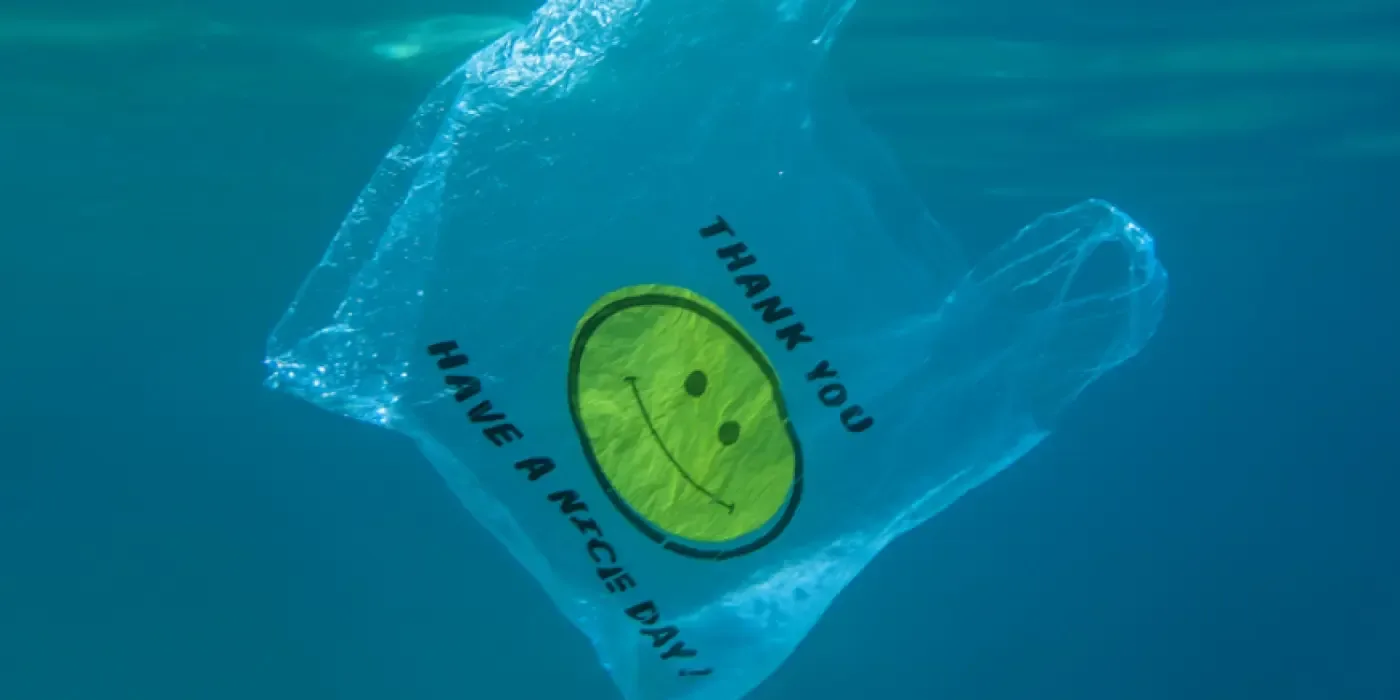
9. Businesses need to re-evaluate what innovation means to them
Innovation is a word so widely used that it’s on the risk to suffer from inflation. Moving forward, we need to understand that not all technological inventions are the kind of innovation we need. In fact, we should only count as innovation the kind of green initiatives that move the world to a more sustainable direction. And to build true innovation – not more products that only cause us problems in the long run – we need to see businesses increasingly partnering with each other and research institutions. The easy answers to sustainability are already figured out – and we need collaboration to hack the hard ones. Moreover, each organization needs to make sure that their focus is on projects with the biggest potential for them to curb emissions, not one-off stunts.
